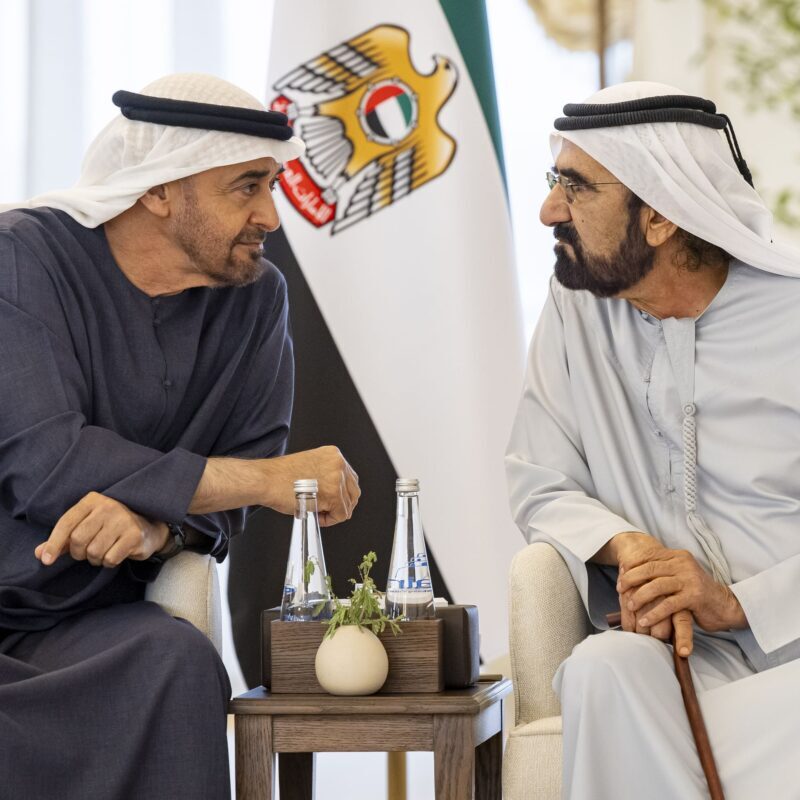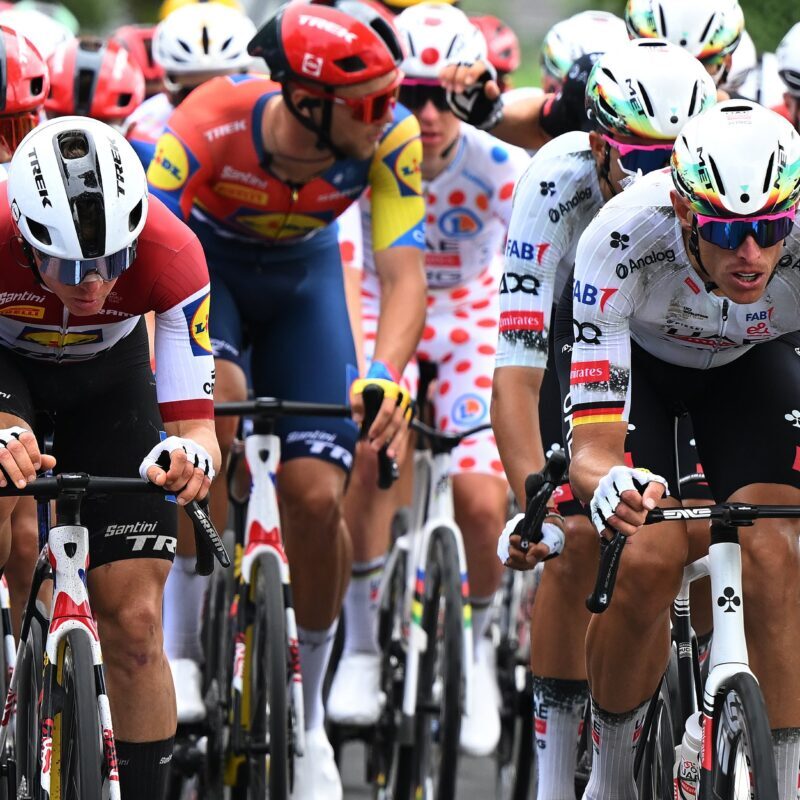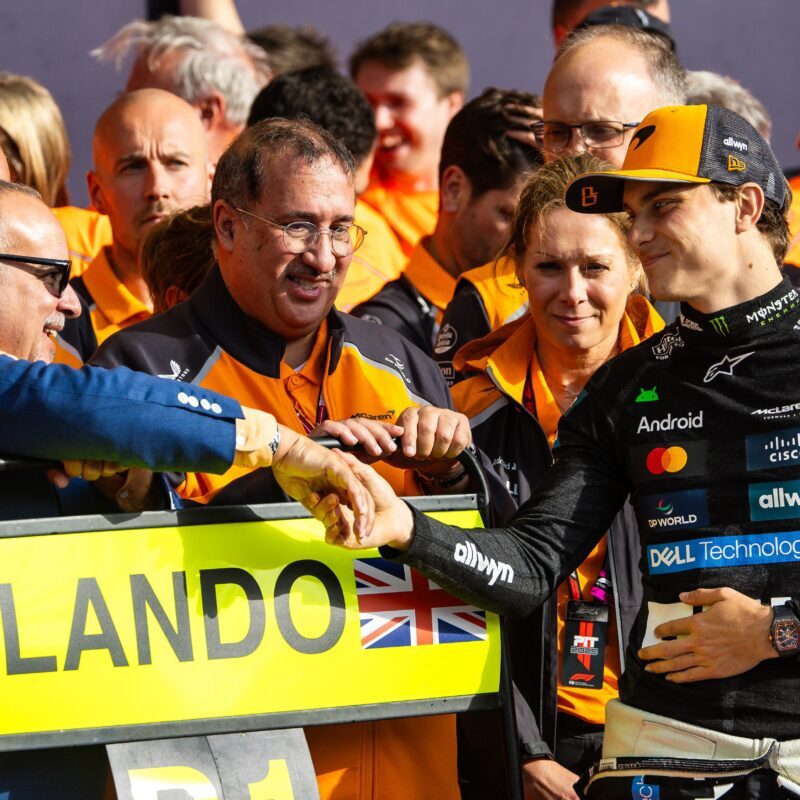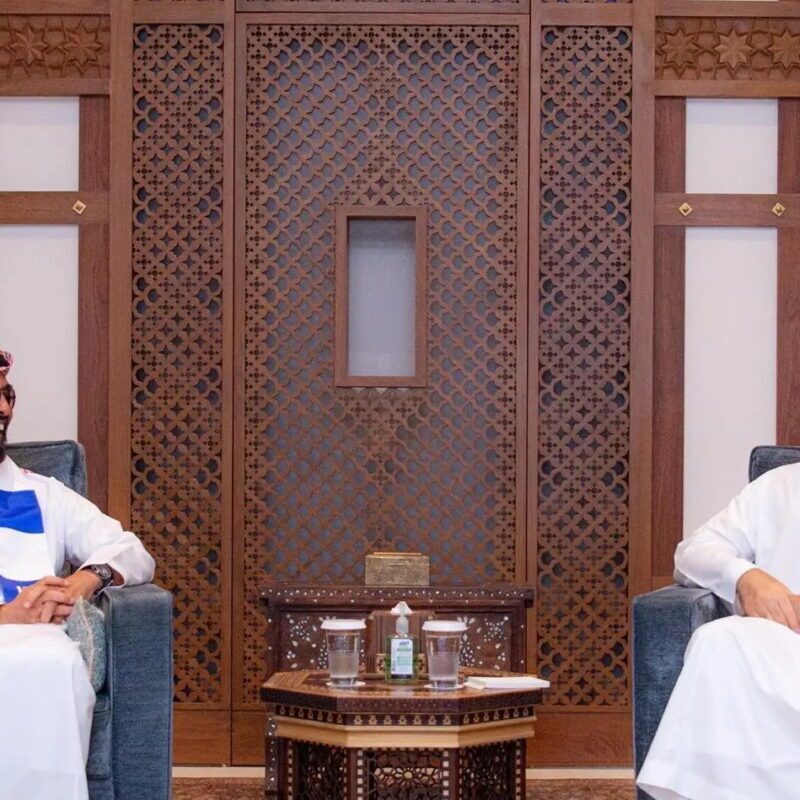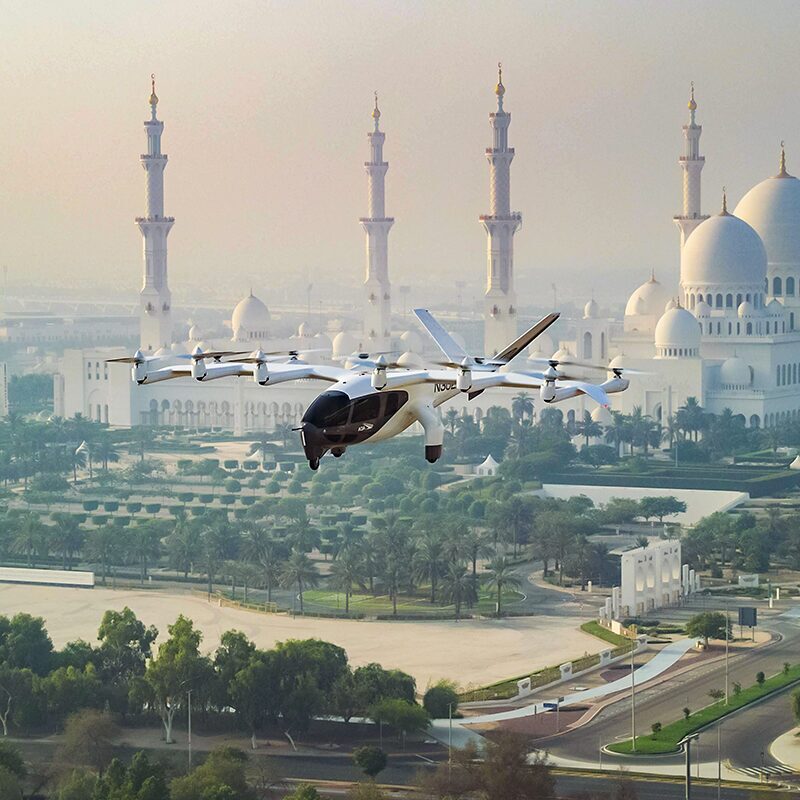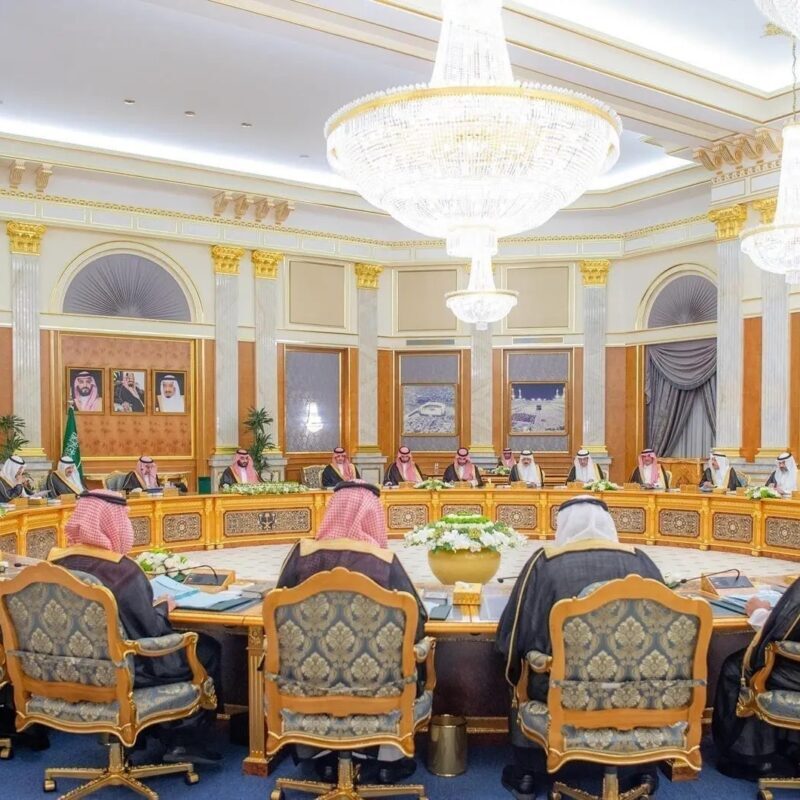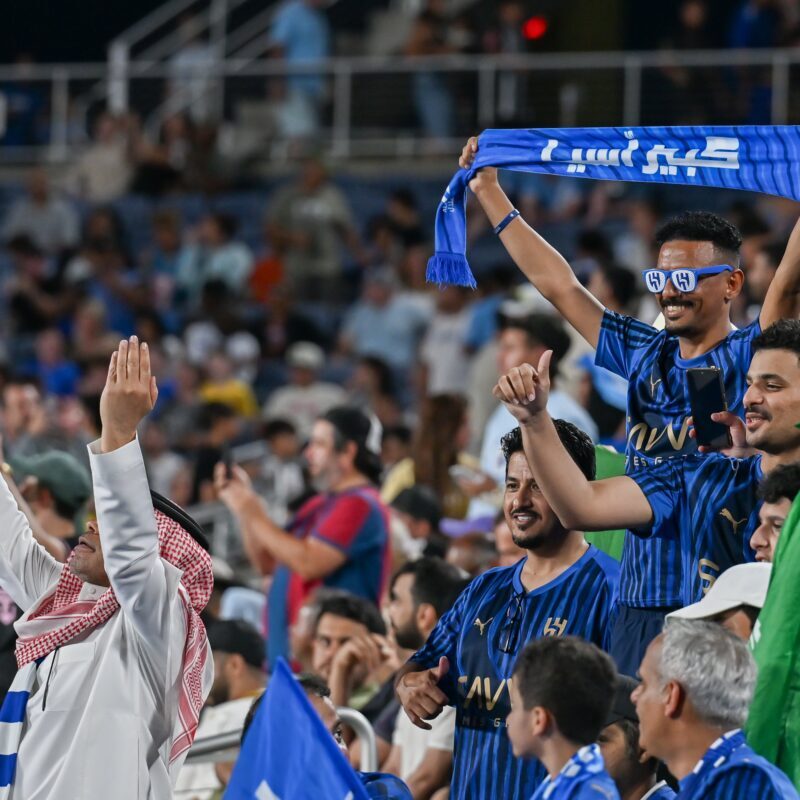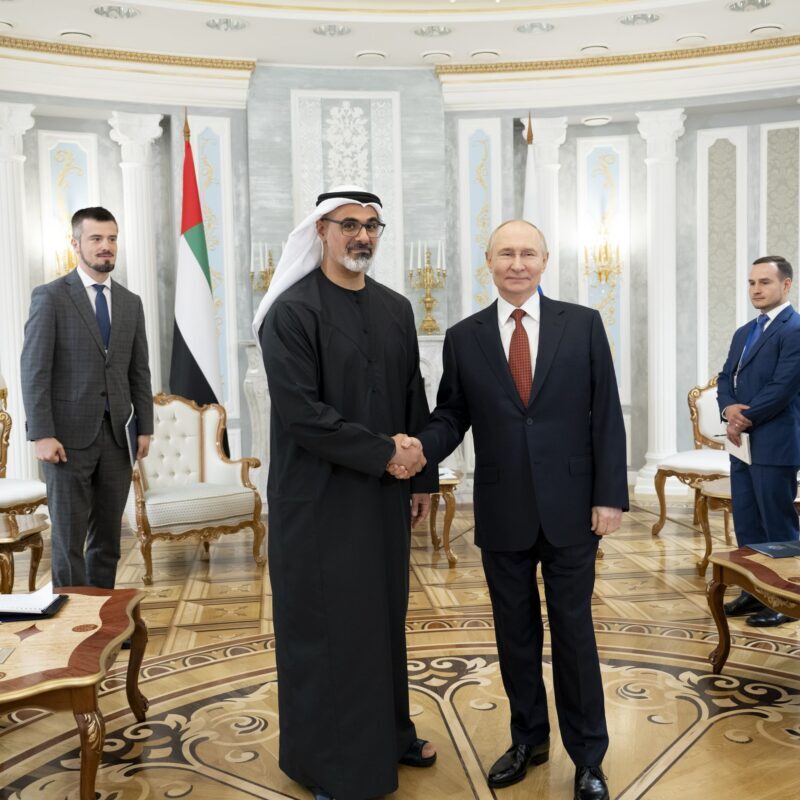Recent Issues
The Weekly Circuit
March 27, 2023
👋 Good Monday morning in the Middle East!
A free-trade deal between the United Arab Emirates and Israel comes into effect this week, promising tax breaks and a raft of other economic dividends envisioned in the Abraham Accords. Representatives...


